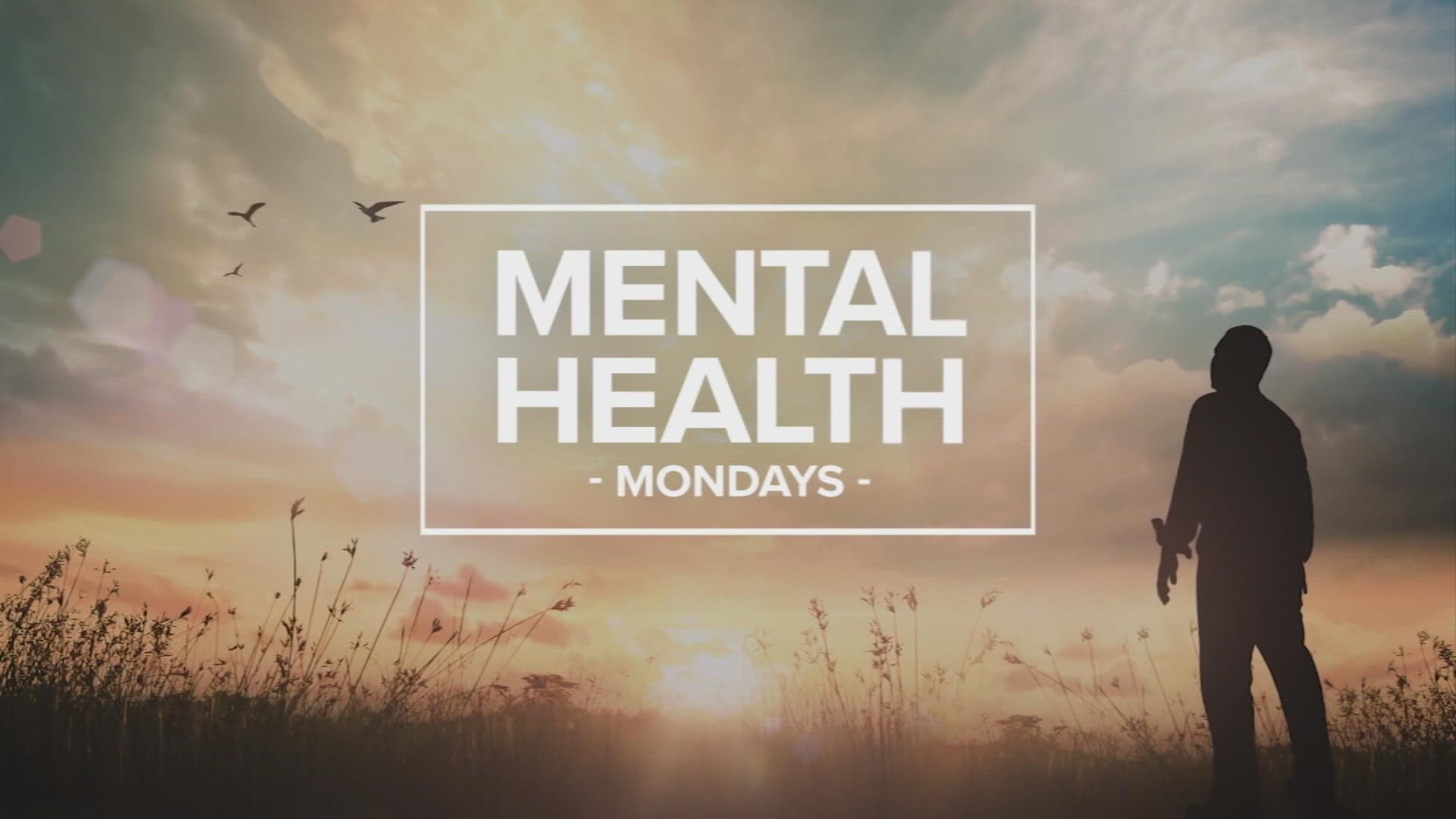HUNTSVILLE, Ala. — If you're trying to lose weight that was put on during the pandemic, mental illness could be getting in the way of your goals.
Nutritionist Bekah Dewit says depression could be a cause of difficulties losing weight.
"Definitely with depression, you kind of go towards those 'quick energy' foods because you have low energy or no energy to cook things," said Dewit. "Food is just such a source of comfort. It releases all those endorphins in our minds and it does bring that kind of relief and is more of a 'mood-lifter' for those brief moments."
Psychotherapist Monretta Vega says anxiety is a factor too.
"There could be some fear, and that fear can turn into anxiety, and that anxiety can turn into depressing feelings and emotions. So, any changes in appetite, an increase or decrease; any changes in sleep-- an increase in sleep or a decrease in sleep. Are you getting a little bit more irritable? Are you frustrated?"
Mental illnesses like depression or anxiety can change our relationship with food, making goals like weight loss harder to accomplish.
Even the experts can struggle with these same issues.
"I struggle with depression as well and that's one of my symptoms that I check in with myself on," said Dewit. "If I'm eating things like chips and cookies more frequently… it's just a way for me to check in and see what my mental health status is."
Here are some tips to help achieve your goals while dealing with a mental illness:
- Start small, make reachable goals, and continue to gradually add more goals as you go
- If you are battling depression, view food as a source of fuel and a source of nutrition instead of an outlet.
- Slowly eliminate unhealthy food choices from your diet, start by taking away surgery drinks. Start by reframing yourself from drinking or eating the item for a couple of days strait and build from there
- If you still have trouble with reaching your weight goals, see a dietitian and make a food plan that works for you.

